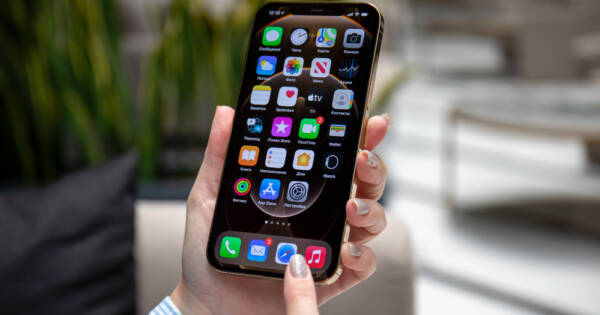Researching the plethora of carriers to find the right cell phone plan is an exercise in patience and exhaustion.
All those numbers from carriers competing for your dollars — monthly rates, storage space, connection fees, available phones — are enough to make you crazy.
But if you don’t do a proper comparison, you are likely to end up with a service that is charging you double the necessary cost or, even worse, with a service with terrible coverage. Because of this, doing proper research and exploring the best available deals out there is the most important step in the process.
So before you choose a carrier to switch to, ask yourself these questions:
- What devices are offered? Not all cell phones are available from all providers. As an example, T-Mobile didn’t offer the iPhone for quite some time. You need to decide which features are most important to you and what kind of phone you want. Make sure your new provider offers that phone before making the switch.
- Check out the coverage area. While most wireless providers are touring their data plans and prices, you need to know how the coverage is in the areas where you will be using your phone most. As an example, there might be rural areas where AT&T works better than Verizon or US Cellular. Check first!
- What kind of network is offered? You have heard about 3G, 4G, and LTE. Right now, the 4G LTE network is the most advanced but not all providers have the same network offerings. Check what this means for your data access before signing on.
- Compare prices. Of course pricing is important. However, you don’t always go with the company that merely has the cheapest plan. Make sure you are getting the plan you need with the best possible coverage at a reasonable price.
- Get a simple plan that you can understand. Don’t go with a plan that you don’t understand. As an example, there are plans that require you to match up the kinds and number of wireless devices to the data package and how many texts you send each month.
- Which phone is best GSM or CDMA? Do you often travel out of the country? If you are looking to switch from one carrier to another, GSM carriers might be the way to go. If you don’t care, CDMA carriers should be fine.
- Which is better–a national carrier or a regional carrier? It depends on where you are using your phone. A lot of regional carriers are becoming more competitive and can provide high-quality service in specific areas around the country.
- Customer service is important! Every year wireless carriers are rated on service. Usually, they have poor scores. However, some are still better than others in certain areas of service, such as chat, email, texting, or voice service. Take the time to do your research!
